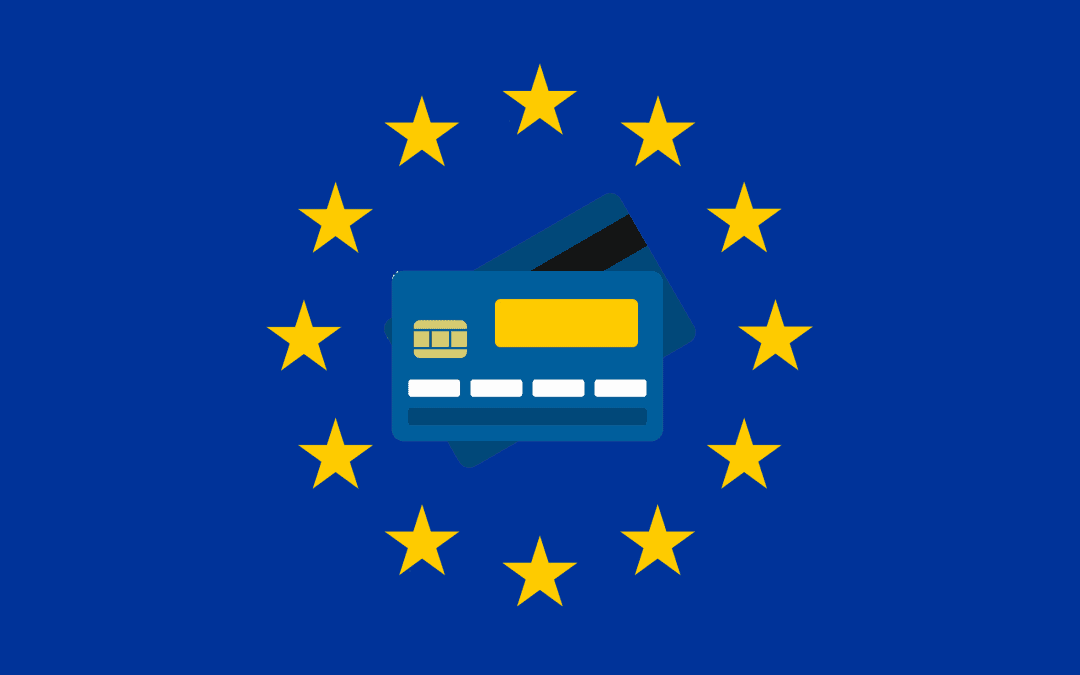The New EU Ecommerce VAT package is slowly approaching. The package was originally due to take effect on January 1st 2021, but was pushed back to July 1st 2021 in order to give businesses and cross-border sellers more time to prepare, especially in light of the coronavirus. This article will give an overview of the major changes that you can expect to see from the package, as well as advice as to how best to prepare your business.
The Background
The new rules are not an individual piece of legislation. The EU have been slowly implementing the package for a number of years since, due to the rapid innovation of the ecommerce sector, this gave them to chance to edit regulations if the need arose.
In April 2016, the European Commission launched its Digital Single Market Strategy for Europe (DSM Strategy) as part of the VAT action plan. This included an initiative to modernize VAT for e-commerce, which aimed to simplify VAT obligations for businesses involved in e-commerce while at the same time combating VAT fraud and ensuring fair competition for European businesses. The new rules are an extension of this strategy.
The Main Changes That Will Result From The Package
The first notable change is the launch of the One-Stop EU VAT return. This is arguably the most notable change as it will make accounting for VAT much easier. Currently, each country has its own Distance Selling Threshold (a threshold of sales of which if you exceed you will be required to pay VAT) and you must be VAT registered in each country that you exceed the threshold for.
This ‘simplification’ will be replaced by the One-Stop-Shop (OSS). Cross-border sellers shipping goods from their home country to customers across the EU may opt to use OSS to report all their pan-EU sales.
Please note that even companies that are registered from outside the EU will be eligible to use this service, including those in the UK.
This will be accompanied by the ending of low-value import VAT exemption, since this has proved to be a rule that was manipulated by many in an attempt to pay less VAT.
What The EU Ecommerce VAT Package Will Mean For VAT & Online Market Paces
Another major change is the increased VAT obligations placed on market places. The July 2021 reforms will oblige market places which facilitate cross-border sales to consumers via third parties to become the ‘deemed supplier in certain cases. This is also termed the full liability regime.
As it is termed ‘full liability’, you could be forgiven for thinking this means that the marketplace will also be taking on product liability; this is not the case.
From July 1st, the market place will charge the customer VAT at the point-of-sale and declare it instead of the seller – at least for imports that do not exceed £135. This will mean less VAT obligations for cross-border sellers who use market places such as Amazon.
The EU Ecommerce VAT Package: A Win-Win-Win?
It certainly seems that these rules will benefit all involved. Businesses will benefit from a substantial reduction in cross-border VAT compliance costs, which will in turn facilitate greater cross-border trade.EU Businesses will be able to compete on equal footing with non-EU businesses that are not charging VAT, and member States will gain through an increase in VAT revenues of EUR 7 billion annually.
Of course, adapting your business and VAT registration will still be difficult, but that’s where we come in.
If you are a business who participates in cross border e-commerce, or importing of any kind, we would be more than happy to help you register for UK VAT, the UK VAT deferral scheme, EU and UK EORI number, file your UK and EU VAT returns, and help you comply with VAT in case your account faces any issues.
Essentially, we can help you prepare for the imminent new EU Ecommerce VAT rules. At J&P, helping your business is our passion. We are here to support you through any difficulties you may face, such as these new regulations, so please do not hesitate to give us a call on 0161 637 1080 or send an e-mail to enquiries@jpaccountant.com.
